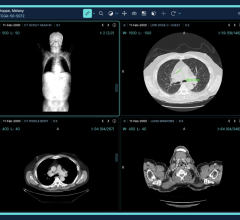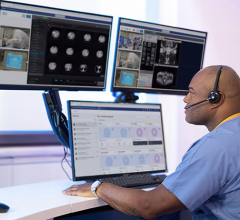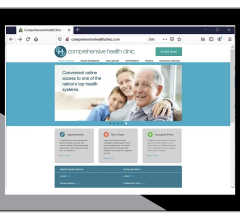
February 24, 2015 — Americans are ready and willing to leverage health apps and wearable devices to improve their personal health, according to the findings released from the fifth annual Makovsky/Kelton "Pulse of Online Health" Survey. Designed to uncover shifts in consumer behaviors around online healthcare information use, this year's survey reveals consumer readiness to disclose online personal health data as a path to improve treatment options. Data also cite trust and quality of health information as important factors in consumer selection of online health sources and show that many consumers are willing to pay more for medications based on efficacy or lower side effect profiles.
"Smartphones and wearables are driving a major behavioral shift in consumer health and wellness," said Gil Bashe, executive vice president, Makovsky Health. "Beyond a desire to speed access to information, consumers are using technology to engage proactively in managing their health – and a personality of 'search' is influenced by specific medical conditions. We also see stark differences between Millennials and those 66 and older in this year's survey. Savvy health marketers will apply these insights to engage and involve patients in more meaningful, customized ways."
An uptick in mobile usage for managing consumer health also is contributing to a dramatic shift in behavior when it comes to personal transparency. Health information has long hid behind the walls of patient confidentiality, with consumers and physicians holding personal health information close to their vests. In today's digital world, however, consumers and physicians cannot share health information online fast enough.
Mobile health platforms, in particular, represent a huge opportunity to improve health; almost two-thirds (66 percent) of Americans would use a mobile app to manage health-related issues. Millennials are leading the digital health charge, as they are more than twice as likely to express interest in using a mobile app to manage their health compared to those Americans 66 and older.
Top interests when downloading and using mobile health apps reflect proactive desires for informative, functional and interactive programs:
- Tracking diet/nutrition (47 percent)
- Medication reminders (46 percent)
- Tracking symptoms (45 percent), and
- Tracking physical activity (44 percent)
Most common motivators for using a mobile app vary across health conditions. More than six in 10 (63 percent) Americans with gastrointestinal conditions would use mobile health apps to track diet and nutrition; among obese or overweight consumers, 61 percent would make use of a mobile app to communicate with a doctor; half (50 percent) of those with pulmonary conditions would use a mobile app for medication reminders; and 52 percent of Americans with cardiovascular issues would use a mobile app to track sleeping patterns.
Similarly, 79 percent of Americans would be willing to use a wearable device to manage their health — but with slightly different preferences when selecting a wearable compared to mobile apps:
- Tracking physical activity (52 percent)
- Tracking symptoms (45 percent)
- Managing a personal health issue or condition (43 percent)
- Tracking sleep patterns (41 percent), and
- Tracking diet/nutrition (39 percent).
Additionally, 88 percent of Americans would be willing to share their personal information for the sake of improving care and treatment options, proving that many consumers feel there is a value in digital advancements that empower them to manage their health, and potentially opening the door for more streamlined physician engagement.
For more information: www.makovsky.com


 November 06, 2025
November 06, 2025 









